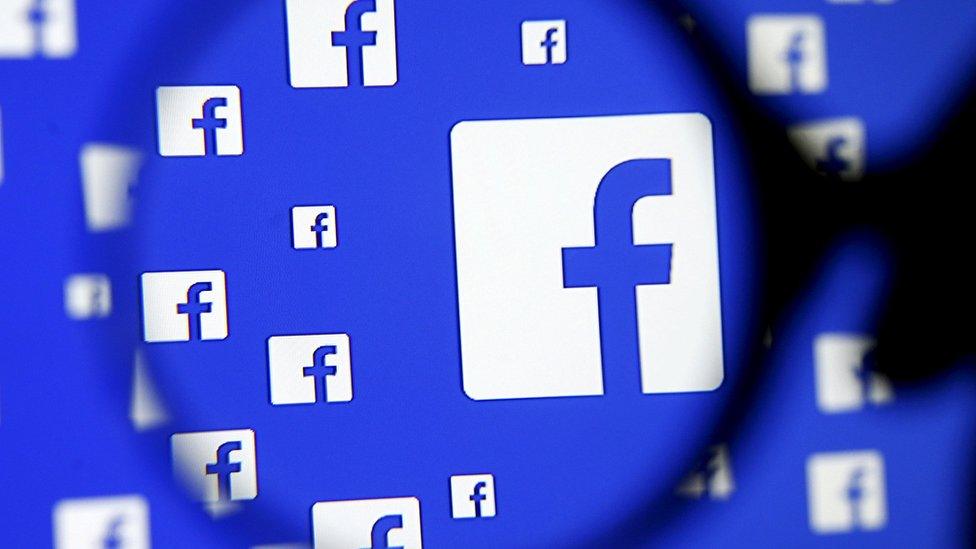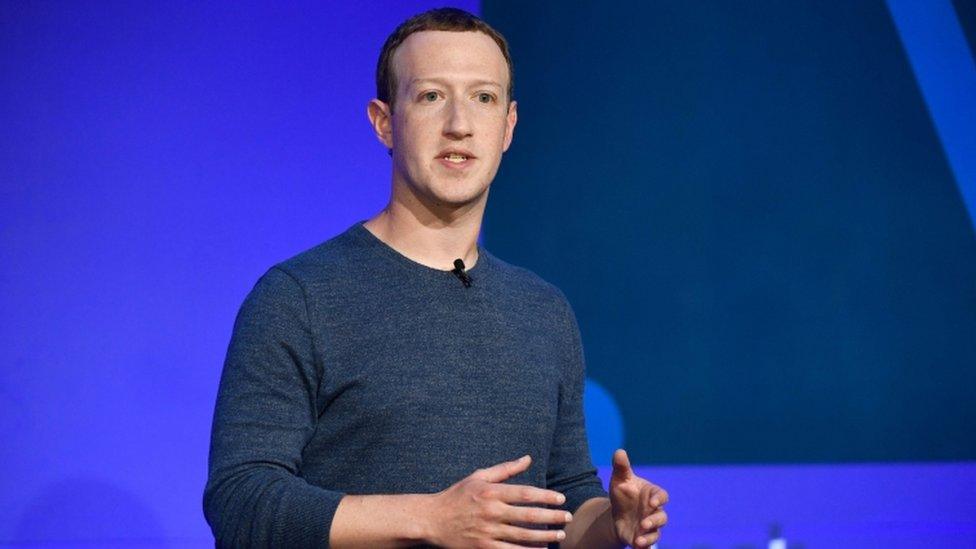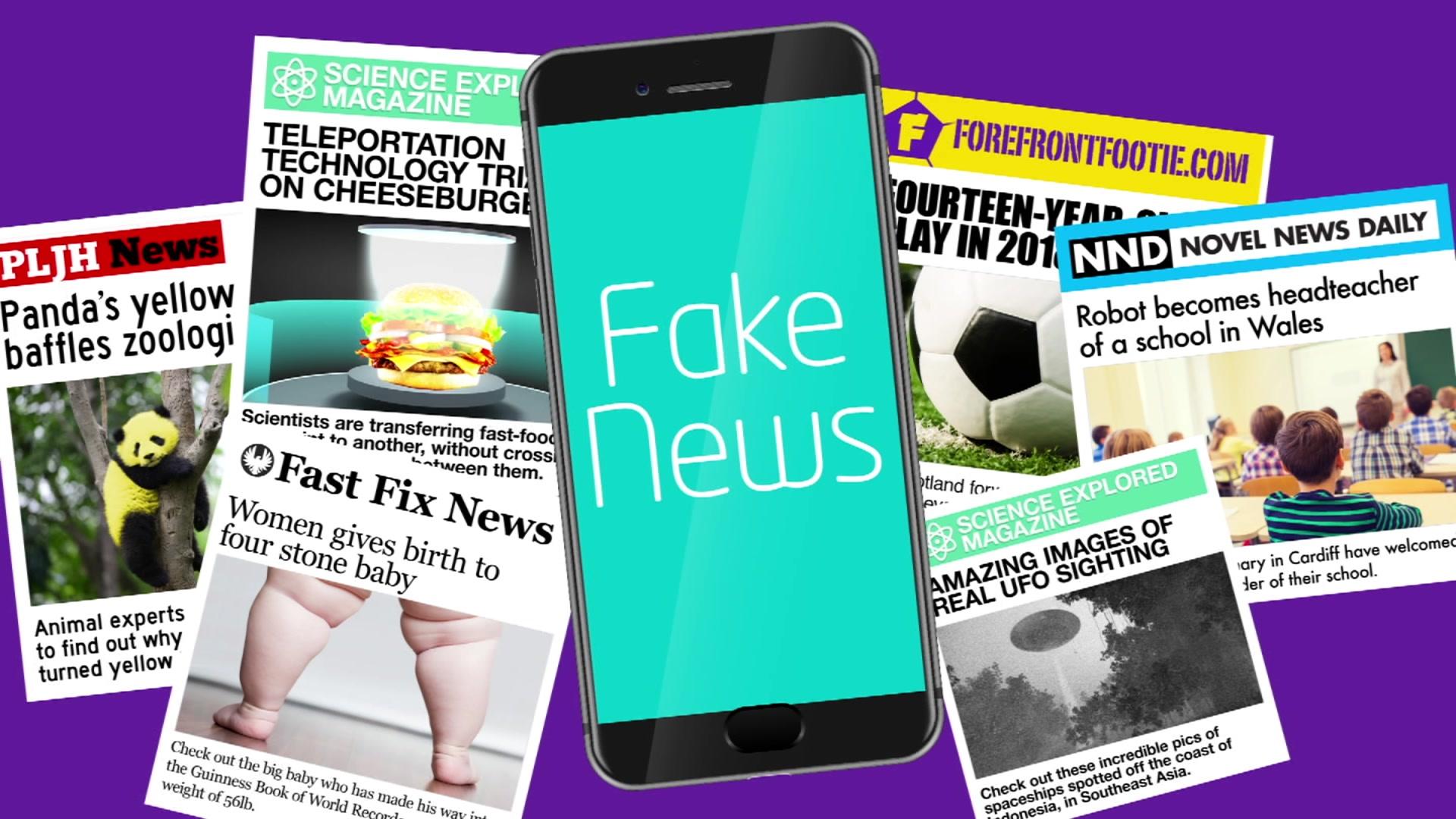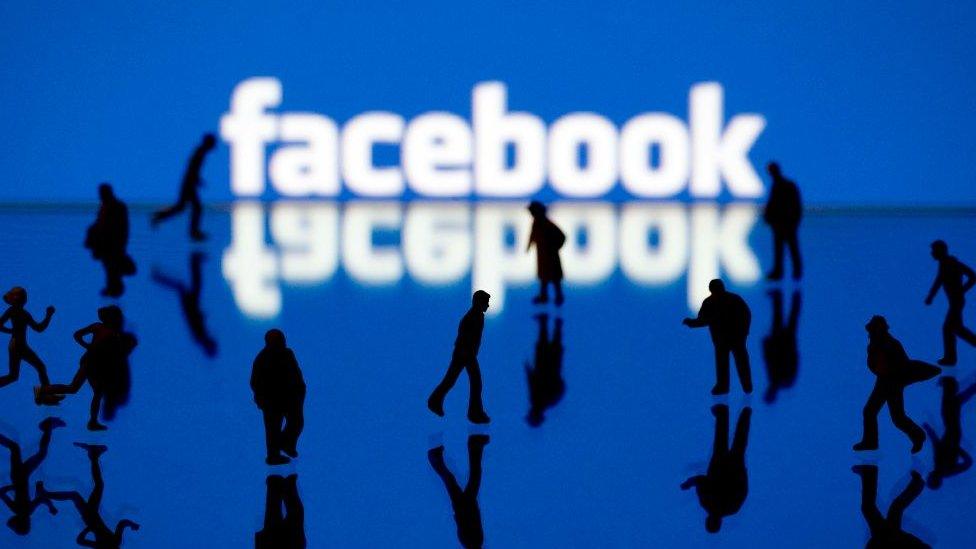Facebook should have more strict regulation over fake news, say MPs
- Published
- comments

Facebook should have to follow stricter rules to help stop the spread of fake news, according to members of Parliament (MPs).
Fake news is news or stories on the internet that are not true.
A special committee said that the founder of the social media network Mark Zuckerberg did not show "leadership or personal responsibility" in dealing with the issue of fake news being spread on his platform.
The committee was also cross that Mr Zuckerberg did not come to the UK to answer their questions about the issues in person.
Damian Collins, head of the group which led the report, said: "These are issues that the major tech companies are well aware of, yet continually fail to address."
It also stated that other platforms such as Twitter were responsible for dealing with the issue of disinformation spreading, which the group said it believes could be a threat to democracy in the UK.
The report has come after a difficult period for Facebook following the Cambridge Analytica scandal, which saw an investigation into whether or not information provided on the social media platform using a personality quiz might have been used to help Donald Trump to win the US election.
The big inquiry looked at how the information from this was shared by Facebook and how data from social media networks is used for political reasons, amongst other issues like the spreading of fake news.
Newsround spoke to Damian Collins back in February 2017 about the group of MPs investigating these issues
"The big tech companies are failing in the duty of care they owe to their users to act against harmful content and to respect their data privacy rights," said the MPs.
Their report called for tech companies to follow certain rules to protect both users and democracy - for example, to force big tech companies to take down sources of content that are spreading disinformation.
Facebook, which also owns Instagram, said that it welcomed what MPs had to say and that it would be open to "meaningful regulation" on the issue.
It has also said that it is committed to tackling fake news and that it works with more than 30 fact-checking organisations. Two of those organisations, Associated Press and Snopes, recently quit working with Facebook.

Those leading the report have expressed frustration that Facebook boss Mark Zuckerberg, seen in this picture, didn't come to the UK to answer questions in person
This report isn't the only time that the issue of fake news on the internet has been looked at.
A separate report called the Cairncross Review, which looked at the future of news in the UK, recommended that a specific regulator should oversee Google and Facebook to make sure that their news content is trustworthy.
Dame Frances Cairncross, who led this review, said that these sites should help those who use them to identify fake news and "nudge people towards news of high quality".
- Published5 April 2023

- Published17 November 2017

- Published4 February 2019

